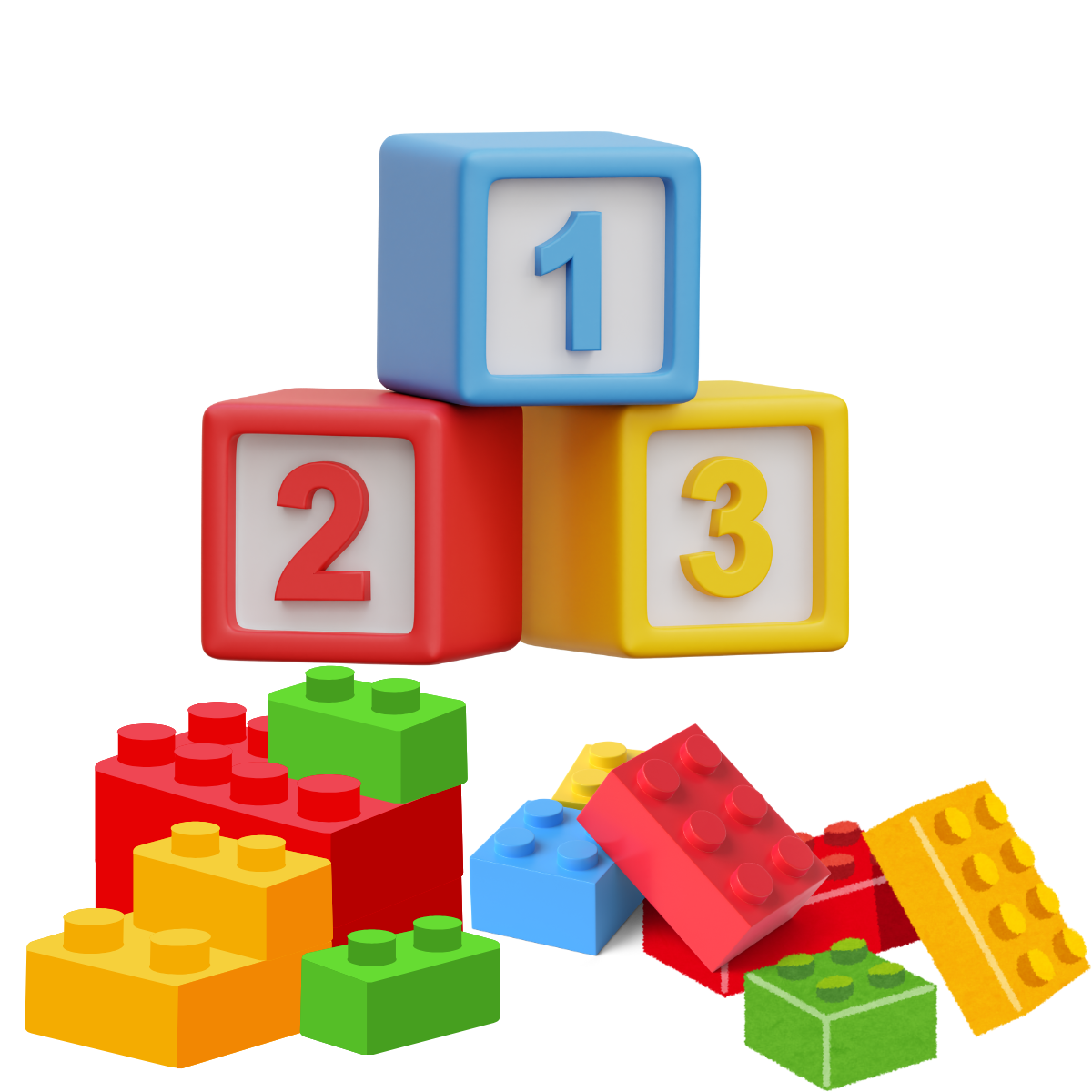Change Models and Frameworks
12 February 2014
I’ve been thinking about the utility of certain change models, and why even when you use them, change is still really hard to do!
Somewhere in my brain, I recalled an academic paper from a while ago. It struck me it explained the conundrum well. Let me run it by you. Karl Weick was the academic who wrote the piece. Weick’s was one of my absolute favourites to study. He’s an organisational theorist who writes on sense-making (among other things). He is super storyteller – and his academic writing is incredibly easy to read.
If you get the chance check out his paper The Collapse of Sensemaking in Organizations: The Mann Gulch Disaster, in Administrative Science Quarterly, Vol. 38. At the risk of sounding very nerdy 14 years later when I catch up with friends from uni days we still discuss the concepts at dinners and BBQs. Yep, OK. A bit too nerdy? Anyhoo, the article I am thinking of tells of the trade-off in writing good theory.
In it, Weick argues there is a trade-off in theory development of three attributes: generalizability, accuracy and simplicity. He suggests you can only ever get two of the three. So for instance, a theory that is simple and accurate can't be generalisable to the greater population. A theory that is simple and general will never be accurate. A theory that is accurate and general is going to be very complex. Of course, change models and change frameworks are simply extension of theory right?
Simplicity in change models is easy to align – any of the 3 steps, 8 steps, 5 stages are representative of simple models.
Accuracy is less easy to define. For me it speaks of comprehensive, complicated and nuanced change models - taking into account multiple contextual factors. I don’t know I know many change models that do that to be honest.
Generalizability suggests one size fits all. Something that can apply to most change.
So it stands to reason that a change model that is simple and general won’t be accurate (or comprehensive). A change model that is accurate (comprehensive) and generalized to many situations is going to be very complicated. And the change model that is simple and accurate – well it might just be a one-off right? Industry specific?
Magic happens…Food for thought…what has your experience been? I’ve found that anything that is simple and general has needed a lot of tweaking and adapting to make it work for the circumstances. Which returns me to the original pondering…what do you think?
The academic paper: Karl E. Weick (1999) "Conclusion: Theory Construction as Disciplined Reflexivity: Tradeoffs in the 90s" The Academy of Management Review, Vol. 24, No. 4 (Oct., 1999), pp. 797-806

